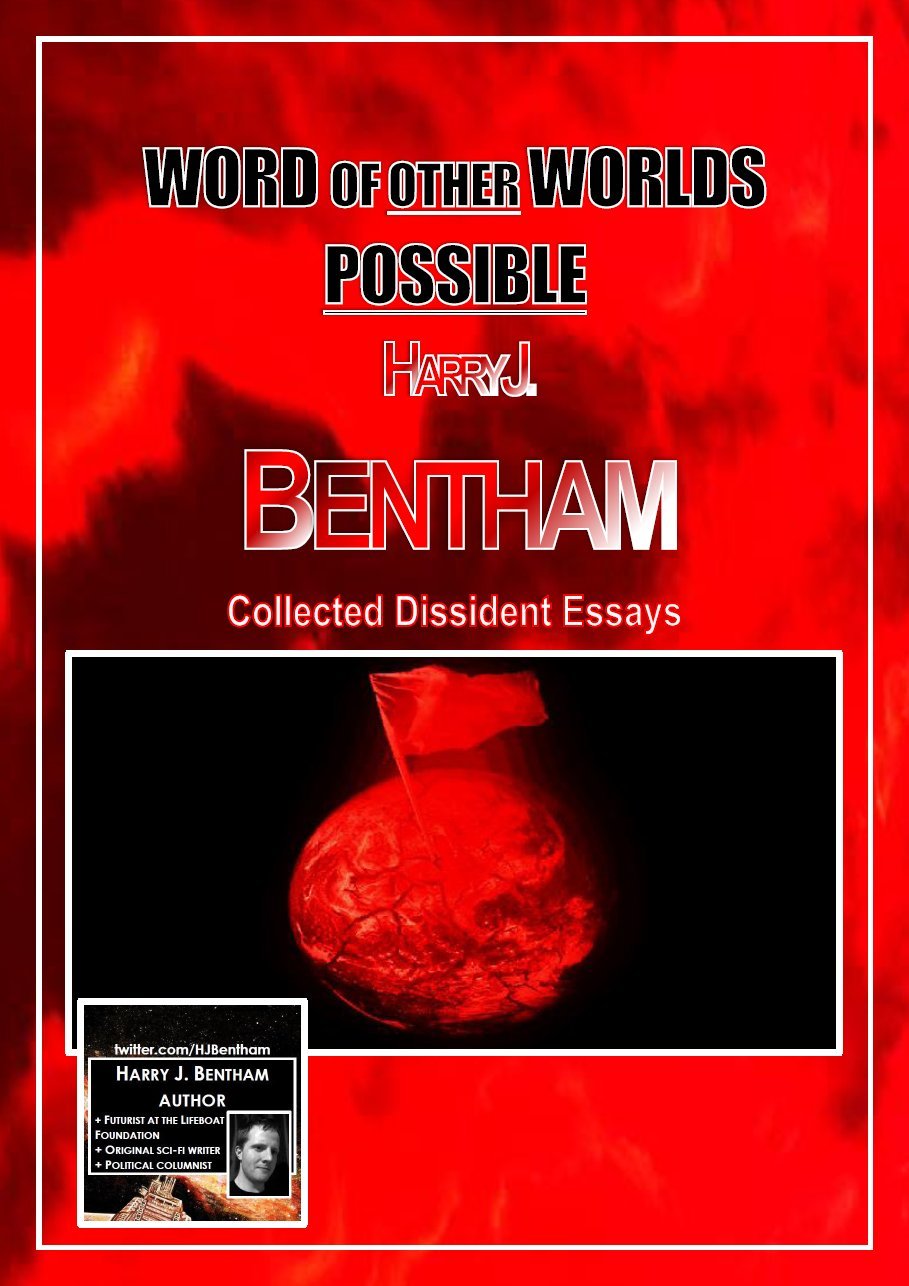Il se fit un abondant silence à l’entour, et la majeure partie du reste du monde se mit à compter pour du beurre.
There was an abundant silence around, and most of the rest of the world began to count for nothing.
Boris Vian
Movies are considered a part of the arts in modern liberal democracies, and are not officially subjected to state censorship. In reality, I would argue they are subject to state and corporate censorship, although it consists of selectively hyping and showing the forms of political cinema that are most beneficial to the establishment and cutting out parts of movies that are uncomfortable to the present regime and its corporate backers.
Possibly the greatest figure currently alive in political cinema today, I believe, is Oliver Stone, although I regret not studying political cinema and Stone’s contributions in greater depth. Specifically, Stone’s approaching movie adaptation of The Snowden Files is almost certain to enrage the US political establishment by accurately capturing the noble character of Edward Snowden’s actions in rebelling against the excesses of the surveillance state. I mention this, because of a subject I addressed in recent posts: that of The Interview movie which attempts to ridicule and provoke the North Korean government, as well as encourage and glamorize specific actions like assassination to overthrow the North Korean regime. The movie did cross the line from entertaining violence to actually inciting it, and this was the intention, as is clear in leaked emails exposing the intent of the movie’s producers.
The US government better be prepared for exactly the same bombardment with political cinema against its own institutions via Oliver Stone’s movie about Snowden, and not take the hypocritical step of resorting to censorship right after defying North Korean censorship. I believe that bombardment should be even more intense than simply saying the whistleblower was in the right. How much fun would be a movie or video-game about spraying bullets at the fat faces of the heads of the NSA and CIA? Surely that incitement is just entertainment too, if we’re allowed to make and watch movies about killing another country’s leader?
I believe that Snowden’s actions have been among very few good things that ever took place in the halls of power of the US Intelligence Community, and are an example for all Americans to follow as they recognize the cruelties and excesses of a dwindling, isolated political elite directed fearfully against the American public. I see in Oliver Stone’s movie a fantastic opportunity to help influence and raise the millennials who are going to hold the reins of America’s technological future. In particular, I hope that the movie is seen by teenagers in the United States and has a strong impact on their formative politics.
Oliver Stone’s cinema has been consistently anti-establishment. For instance, I have noted that Stone’s controversial Natural Born Killers (1994) has engendered reactions of censorship in liberal democratic countries, and is accused by many of encouraging violence, including against the authorities. When we consider, however, the excesses of violence exerted by the US police against the public and most of the entertainment media’s servile defence of such murder, it seems hard to believe that encouraging the murder of police officers in entertainment media including the Grand Theft Auto (GTA) videogames and movies like Natural Born Killers could be less harmful than encouraging the assassination of a foreign head of state like The Interview movie does.
A challenge to those who would oppose North Korean style censorship in the liberal democratic countries: I submit to you that if a movie such as The Interview deserves to be allowed to encourage the assassination of heads of state like Kim Jong-un in popular entertainment and make a joke of it, similar forms of political cinema should be allowed to glamorize the killing of actual American police and other security officials, the mass lynching of specific police officers in response to their murderous tendencies. In fact, I believe a revenge movie specifically and blatantly encouraging the assassination of Officer Darren Wilson over the murder of Michael Brown would be a great success at the box office, more so than The Interview. Why is the now retired Darren Wilson so much better than Kim Jong-un, that he should not be made to pay and subjected to entertainment media encouraging his death? I simply call for consistency. Let’s not say death to a specific state like North Korea via political cinema, but death to the state everywhere. Why should one regime be shielded from assassination threats and mockeries while another is subjected to these? If they’re so superior to Kim Jong-un, why are the American government and its officials special and so fragile that the people can’t fantasize about shooting or blowing up them too?
Once again, I don’t argue here either for total information freedom or for censorship, but for erasing all respect and special status afforded to regimes without legitimate reason.


